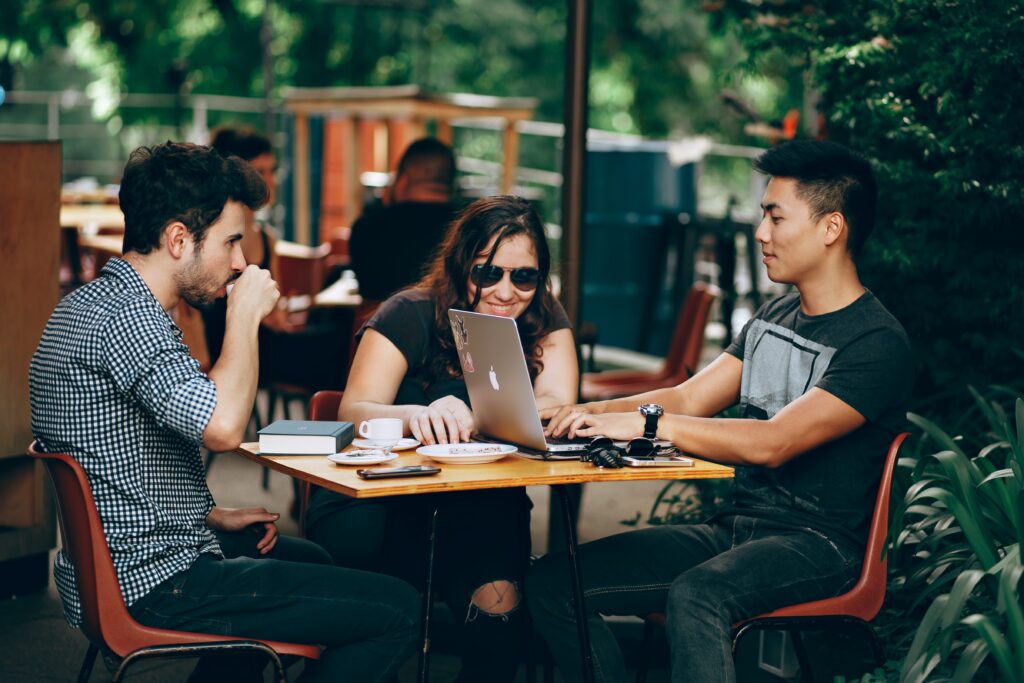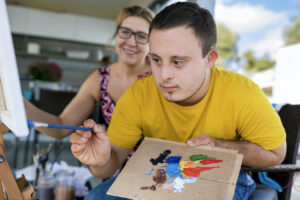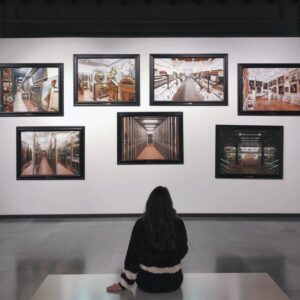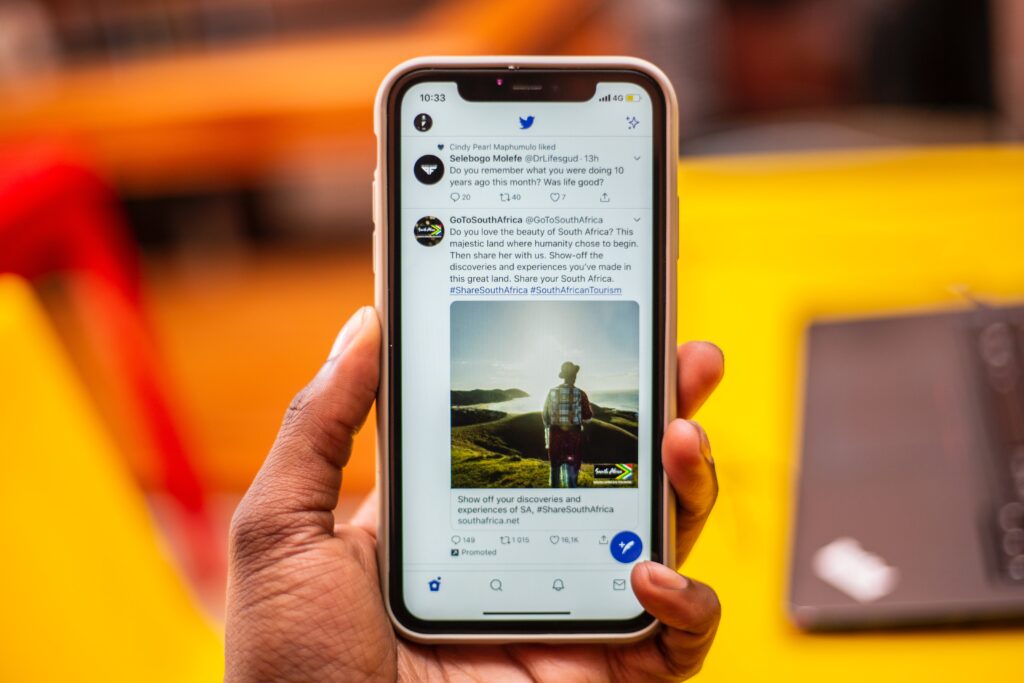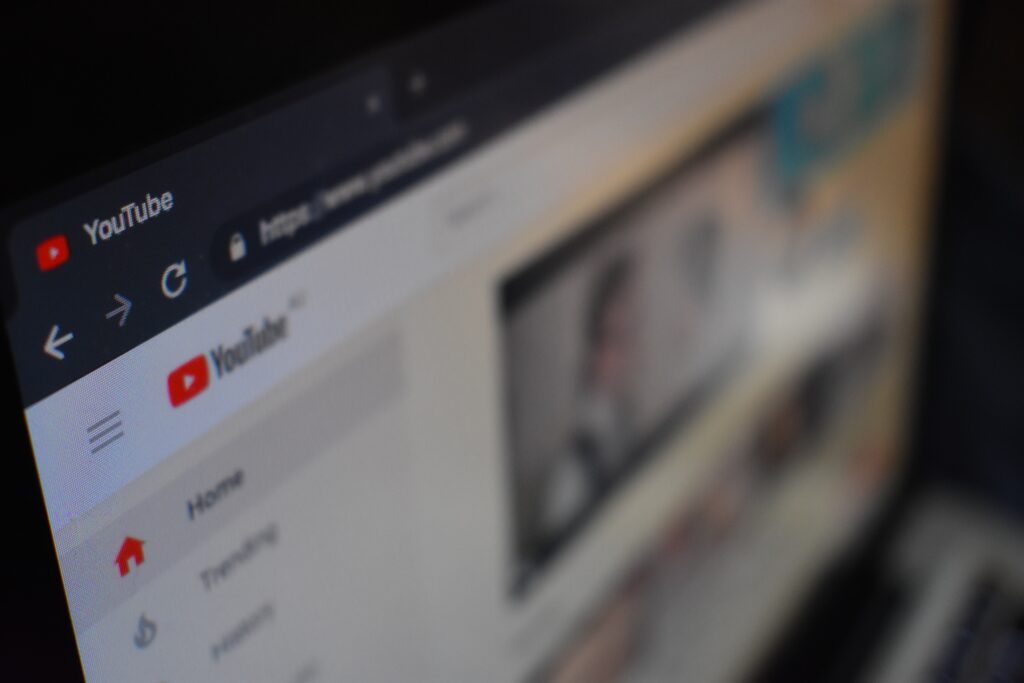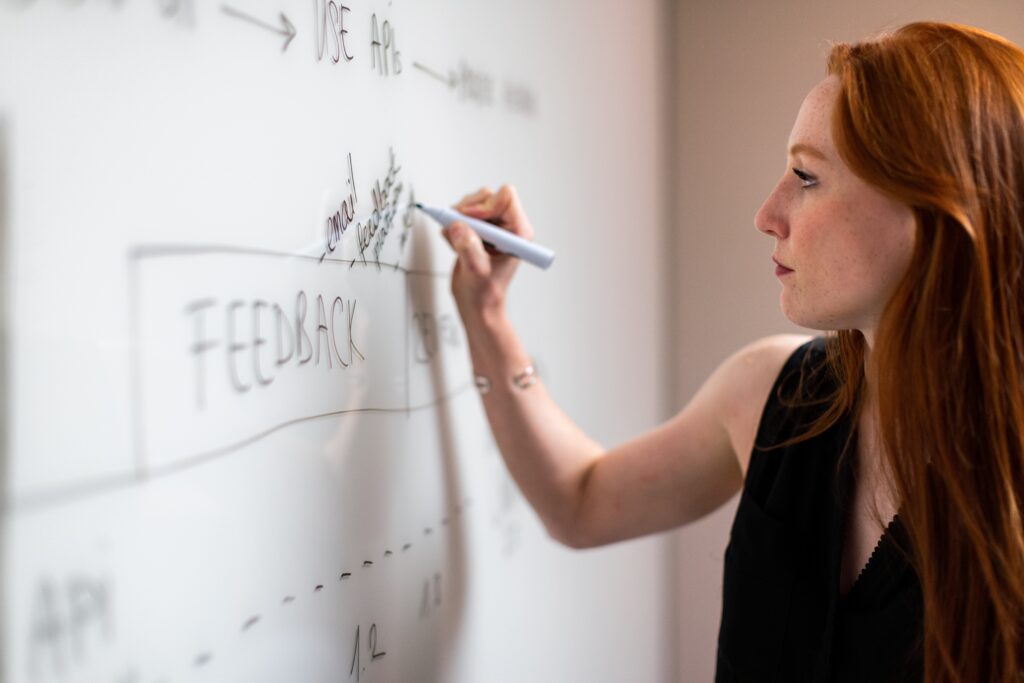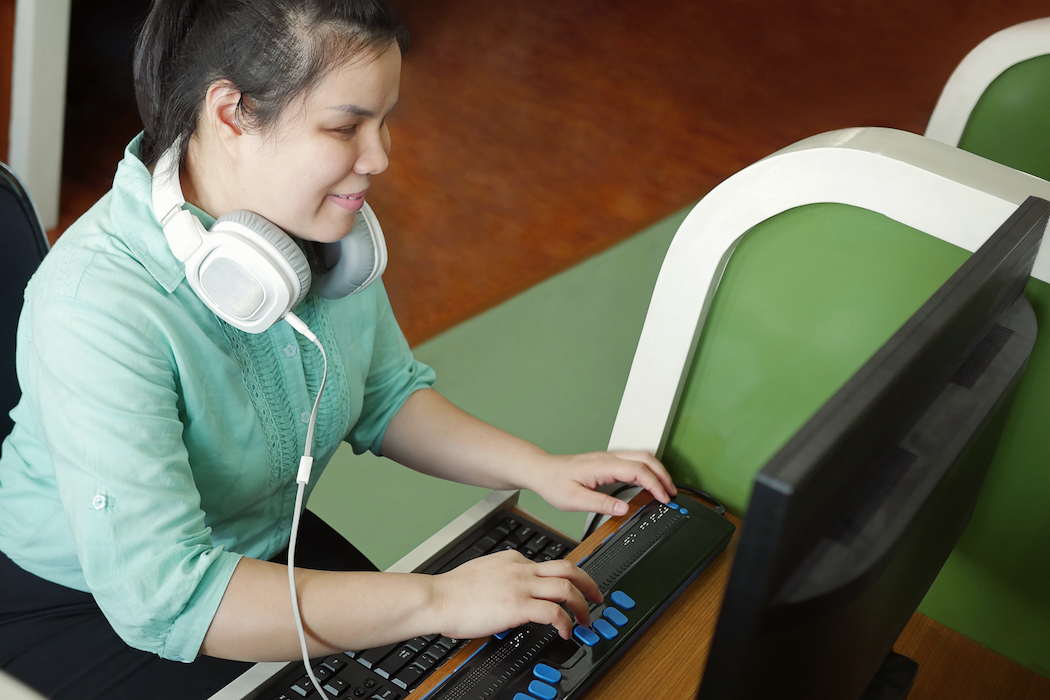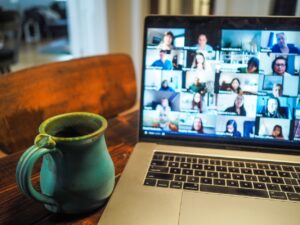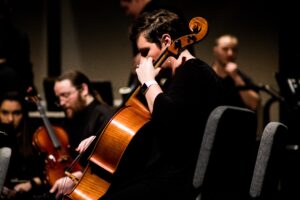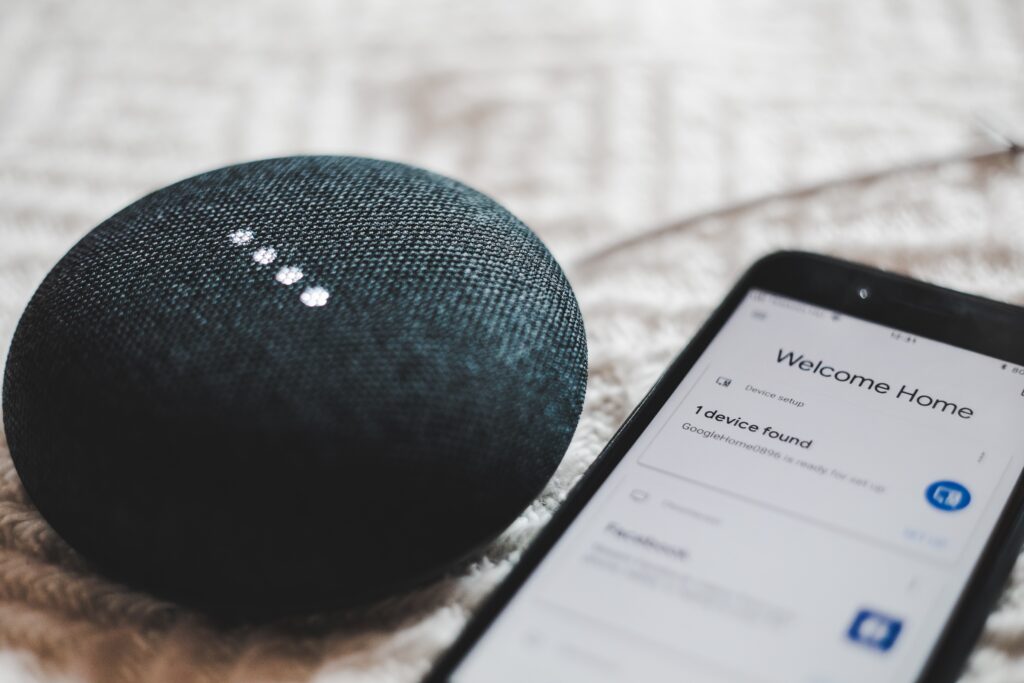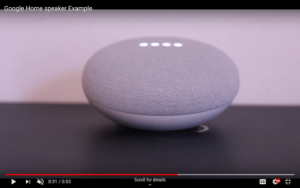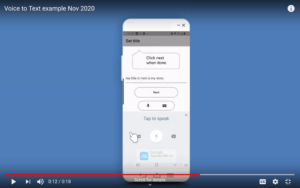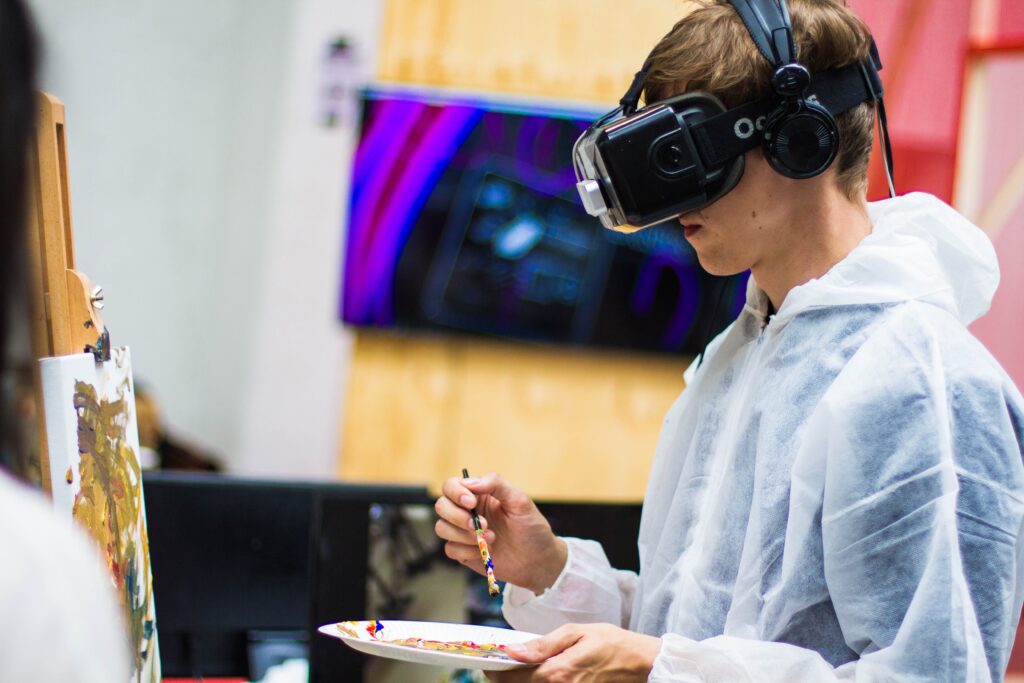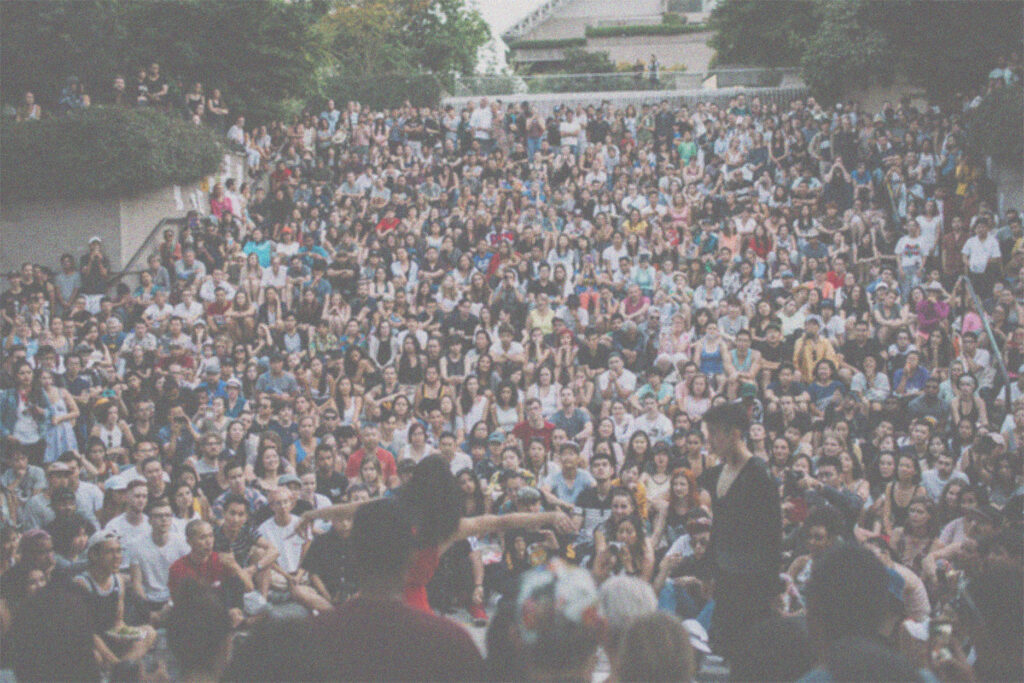The sudden surge of new presentation models exposes an urgent need to formalize standards for streaming and other types of online presentation for the media arts sector.
To address these issues, IMAA engaged in a national conversation with media artists, arts service organizations, media arts festivals and independent distributors, galleries, and other presenters. This project took place in 2021.
Publications
Intellectual Property
Intellectual Property and Online Presentation: Guidelines and Resources for Media Arts Presenters
With a focus on equity and transparency, this guide presents the legal framework for intellectual property, the challenges it presents, and Indigenous perspectives on the subject. This document includes:
-
- An overview of the legal framework that regulates intellectual property in Canada;
- A discussion of how this framework impacts media artists and presenters;
- An introduction to Indigenous perspectives on intellectual property.
Contracts Checklist between media arts presenters and artists or copyright holders
IMAA recommends that presenters and artists (or copyright holders) enter into agreements via signed contracts. A signed contract is the clearest way to record the terms of an agreement. This resources includes:
-
- General guidelines for developing contracts;
- A list of items to include in a contract;
- An overview of what to specify for online presentation contexts.
Accessibility
What “equity through accessibility” might mean in the context of your activities. This resource was developed to raise awareness of questions related to accessibility and online presentation. This document includes:
-
- IMAA’s Position Statement on Accessibility;
- An introduction to Key Concepts;
- An overview of the Canadian Legal Framework that impacts the D/deaf and disability community;
- a set of Guiding principles;
- A list of Prompts and questions that media arts organizations should ask themselves.
Technical
Online Presentation Workflow: Resources for the Media Arts Community
Online presentation initiatives involve a range of technology solutions, from ready-to-use platforms to custom-built websites and digital tools. This resource was developed as a map to help media arts presenters navigate the online presentation process. You will find in this document a series of questions and items to consider:
-
- throughout the process,
- in the planning phase,
- the presentation phase, and
- after the presentation.
Online Presentation Workflow chart
Simplified, graphical representation of the Online Presentation Workflow document.
Tools
Fee Schedule
The IMAA Fee Schedule recommends fees for screenings and audio presentations, exhibitions, professional fees, educational use of media art works, and print reproduction of film/video stills in both in-person and online contexts.
Glossary
Glossary of Terms: Online Media Arts Presentation Standards
This glossary presents terms related to Accessibility, Intellectual Property and Copyright, the IMAA Fee Schedule and Technical Vocabulary for online presentation.
External resources
External Resources: Online Media Arts Presentation Standards
This directory provides external resources about online presentation.
How did we work?
As part of this project, the following consultation activities were also organized:
- 2 bilingual public meetings in which approximately 160 people from over 60 organizations participated.
- Interviews with 19 members of the independent media arts community.
- 1 community survey on royalties and artists’ fees
- 1 information session in preparation for the IMAA General Assembly in 2021.
Working groups
The groups met regularly in the spring and summer of 2021 to support research, discuss best practices, and provide feedback on draft documents. These groups were formed through a call for applications and by invitation.
Expert presentations were organized to complement group discussions.
Intellectual Property and Remuneration
The online presentation and distribution of media artworks challenge existing models for the remuneration of artists and raises specific issues related to intellectual property.
This working group was directly involved in the development of the IMAA 2022 Fee Schedule, Intellectual Property and Online Presentation: Guidelines and Resources for the Media Arts Community and the Contracts Checklist.
Membres
- Liz Barron, Independant Programer, Member of the Harbour Collective
- Renuka Bauri, Director of Communications and Advocacy, CARFAC
- Karine Boulanger, Conservator, Vidéographe
- Tori Fleming, Executive Director, Centre for Art Tapes
- Jessica Fleming, Associate Director, ImagineNATIVE
- Dawn George, Artist, member of Handmade Film Collective
- Samuel La France, Executive Director, ImagesFestival
- Sally Lee, Independant Consultant
- Monica Lowe, Deputy Director, Winnipeg Film Group
- Theresa Slater, Operations and Development Manager, Pleasure Dome
- Malena Szlam, Artist, Member of Double Negative Collective
Expert presentations
- Georges Azzaria, Professor of Intellectual Property and Methodology in the Faculté de droit and Director of l’École d’art de la Faculté d’aménagement, d’architecture, d’art et de design, Université Laval à Québec
- Monique Manatch, Executive Director, Indigenous Culture and Media Innovations.
Online Accessibility
Putting into practice accessibility-driven values – offline and online – is an ongoing process in which the media arts community is engaged. This group focused on the development of a common understanding of what is meant by accessibility and how this translates into online presentation practices.
This working group was directly involved in the development of the document Towards Accessible Online Presentation Models: Introduction and Resources for the Media Arts Community. It is also important to note that many members of the group self-identify as being part of D/deaf and disability communities.
Members
- Amy Amantea, Independant Consultant (notably with VocalEye)
- David Bobier, Artist, Director/Curator of VibraFusionLab
- Emily Cook, Education and Accessibility Programs Director, Critical Distance Centre for Curators
- Peter Hemminger, Executive Director, The Quickdraw Animation Society
- Deirdre Logue, Development Director, Vtape – Video Art Distribution
- Amanda Shore, Art Manager and Research Assistant, IOTA Institute & Studio Gallery
- Regan Shrumm, Accessibility Coordinator, Cinevolution
- Becca Taylor, Artist and member of Ociciwan Contempary Art Collective
- Claudine Thériault, Artistic Director, Spira
Expert presentations
- Sean Lee, Director of Programming, Tangled Art + Disability
- Véronique Leduc, Artist and Professor at the Département de communication sociale et publique, Université du Québec à Montréal
Technical Considerations
Digital technology changes the playing field for media arts presenters and distributors, providing multiple new ways of disseminating work and reaching audiences. However, from a technical point of view, online presentation comes with its own set of issues.
This working group was directly involved in the development of the document Online Presentation Workflow: Resources for the Media Arts Community.
Members
- Howard Adler, Asinabka Festival
- Keltie Duncan, Film Operations Director, Canadian Film Institute
- Jacquelyn Hébert, Managing Director, VUCAVU
- Jaewoo Kang, Technical Services Manager, VIVO Media Arts Centre
- James King, Senior Technical Manager, TIFF Bell LightBox
- Kelly Lui, Programmer, Reel Asian
- José Andrés Mora, Technical and Gallery Services Manager, Trinity Square Video
- Roberto Santaguida, Artist
- Edward Sharpe, Technical Manager, Canadian Filmmakers Distribution Centre
Expert presentations
- Sonya Ballantyne, Filmmaker.
- James King, Senior Technical Manager, TIFF Bell LightBox
Team and governance
Advisory Committee
The advisory committee defined the main orientations of the research and its members act as a liaison with their organizations and communities to publicize the project’s activities.
- Jenn Brown, St. John’s International Women’s Film Festival
- Vicki Chau, Artist
- Ben Donoghue, MANO-RAMO
- Martine Frossard, CQAM
- Elliott Hearte, MAAP
- Katrina Orlowski, grunt gallery and PAARC
- Niki Little, imagineNATIVE
- Jen Smith, NIMAC
Project Team
Research
- Mariane Bourcheix-Laporte, Principal Researcher, PhD in Communication, Simon Fraser University
- Roxanne Hallal, Research Assistant
The Independent Media Arts Alliance
- Benjamin J. Allard, Project Manager
- Barbora Racevičiūtė and Emmanuel Madan, National Director
- Marilyne Parent, Engagement Manager
- Mercedes Pacho, Director of Communications and Development
- Leyla Sutherland, Project Manager (internships and mentoring)
Translation and French linguistic revision
Coop l’Argot
Specialized linguistic revision
Cara Eastcott, George Azzaria, Maxime D.-Pomerleau, Véro Leduc and members of the working groups.
Moderators of the first round table
Anyse Ducharme, Genne Speers, John Blouin, Madeleine Piller, Roxane Halary et Stéphanie Lagueux.
Special thanks
Many people have accompanied this project with their advice and generosity.
Aaron Zeghers, Barb Taylor, Hélène Brousseau, Isabelle L’Heureux, Josée Plamondon, Laurence Parent.
About and Acknowledgements
An IMAA project
The Independent Media Arts Alliance (IMAA) is a member-driven non-profit national organization working to advance and strengthen the media arts community in Canada. Representing over 100 independent film, video, audio, and new media production, distribution, and exhibition organizations in all parts of the country, the IMAA serves over 16,000 independent media artists and cultural workers.
Partners
We acknowledge the support of the Canada Council for the Arts, Archive/Counter-Archive, and Simon Fraser University.
We also thank the supporters of this project.
- Canadian Filmmakers Distribution Centre
- Conseil québécois des arts médiatiques
- Digital Arts Resource Centre
- Film and Video Arts Society of Alberta
- Images Festival
- imagineNATIVE
- Metro Cinema
- Pleasure Dome
- Quickdraw Animation Society
- Saint John’s International Women’s Film Festival
- Spira
- Trinity Square Video
- VibraFusionLab
- Video Pool
- Vidéographe
- Vtape
- Western Arctic Moving Pictures
- Winnipeg Film Group
Intro: Content Everywhere
Artists and art organizations need to connect with audiences. Today, the easiest methods are creating content for computer, tablet and phone, or sharing content on social media. With the growth of device types and internet speed there are many more places content can reach. Audiences would like to connect to content when they want it, how they want it and where they want it. As a result, artist digital content needs to be formatted to reach all these places.
The increase in types of devices such as smart watches and speakers, digital content aggregators and better technology for voice and accessibility means that content can be accessed through expanding means. The development of 5G worldwide will mean that even more data can move faster across available pipelines. On the flip side, there are still places in Canada with little or no internet connection, especially rural areas. Some Canadians access the internet at the library.
In this resource, you’ll learn how to use Search Engine Optimization (SEO), and other best practices to ensure your digital content reaches as many people as possible – including Disabled Canadians. The good news is, the best practice to address both situations is the same: keep content in the simplest form so all can access it. At the end we’ll share some thoughts on what the future will bring and some alternatives to internet giants.
-
a. What is Search Engine Optimization and Why Does it Matter?
-
b. Keyword Research and Planning
-
c. On-Page SEO
-
d. Off-Page SEO
-
e. Social Media
-
f. Optimizing Images
-
g. Optimizing Videos
-
h. Measuring Results
-
a. Access is a Human Right
-
b. Inclusion of the Disabled Community
-
c. Understanding Disabled User Needs
-
d. Content Formats
-
a. Internet of Things (IoT)
-
b. Voice
-
c. Artificial Intelligence (AI)
-
d. Exponential Growth of Media
-
Artists and art organizations are now very dependent on the top search engine in the world Google, along with artificial intelligence, and that raises some issues.
Google was found to have acquired the personal health records of 50 million Americans without their consent. “The forces taking the web in the wrong direction have always been very strong,” www founder Tim Berners-Lee said. Whether you’re a company or a government, controlling the web is a way to make huge profits, or a way of ensuring you remain in power. In Toronto the Google Sidewalk project was cancelled due to citizen’s concerns about data ownership.
Citizens are arguably the most important part of this, because it’s only citizens who are motivated to hold government and business to account. Many people and organizations are concerned about the hold of internet giants. Here’s some examples of what they are doing to create alternatives:
- Toronto based tech company Vubble and Seneca College have launched an innovative AI Video Categorization Project. They advocate for human driven keyword tagging to offset the AI data stereotypes that are dogging our internet world
- Sir Tim Berners Lee has created a World Wide Web Foundation and is calling for a free web where profits don’t decide what happens and where individuals can store their data in one place and control it.
- There are many apps and other initiatives underway to preserve languages. AI systems give preference to the most commonly spoken languages in the world. Languages that are not captured by Google are at a disadvantage in search. For example Google only translates two Indigenous languages in the Americas. You can help by contributing to initiatives such as Opie Robots.
- DuckDuckGo was founded in 2008 by Gabriel Weinberg, who wanted to create a new search engine, with better results and less spam. The search engine, which registers around 50 million searches per day, uses hundreds of sources for its results, including Russia’s Yandex. The company says it has a simple privacy policy of not storing or sharing personal information.
- Blockchain and edge computing may be two future alternatives. EU research tells us that these two technologies may be able to come together to provide a means for individuals to store their data and control it within the data lake that is likely in the future. Will this also apply to art and art organization material?
- Facebook alternative MeWe, a social networking app that claimed to fiercely protect user privacy. However has come under fire for attracting far right proponents.
-
This resource was researched and written by Sage Lovell, Althea Manasan and Barb Taylor. Project team includes Editor Ananda Korchynski, UX designer Althea Balmes, Project Leads Madi Piller of PIX FILM Collective and Barb Taylor of Coyle Films. Special thanks to Alexandra Gelis. Funded by Canada Arts Council Digital Program, this project was initiated by Barb Taylor to share new trends in SEO with artists. Participating organizations include Liaison of Independent Filmmakers of Toronto, PIX FILM Collective and BC Alliance for the Arts. Thanks to our gracious web home IMAA! Special thanks to workshop ASL interpreters Amanda Hyde, Carmelle Cachero and Thurga Kanagasekarampillai.
Logos

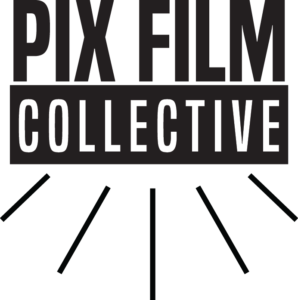


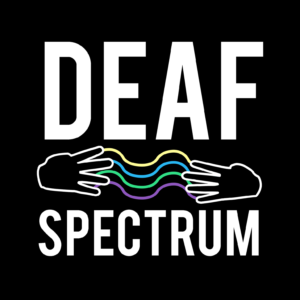


1. SEO
2. Audiences with Disabilities
3. The Future
New technology is changing the way audiences consume information, but also increasing the ways in which artists and art organizations can deliver it.
4. Alternatives to Internet Giants
5. Research Team

Why is it important to the media arts and the cultural sector as a whole? On this website, you’ll find everything you’ve ever wanted to know about cybersecurity and cybercitizenship. Enjoy!
]]>